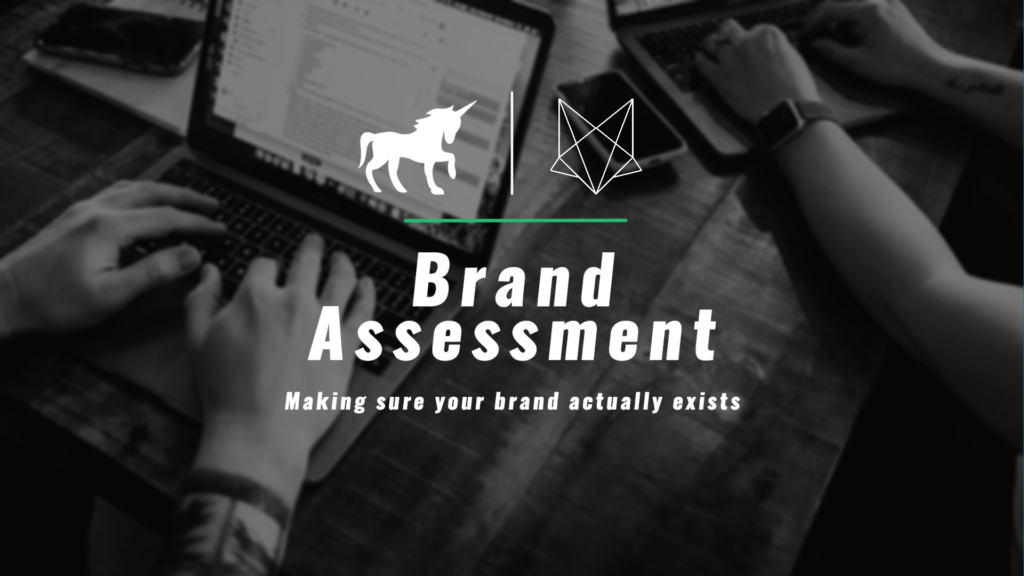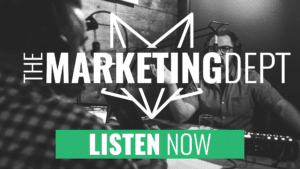UNDERSTANDING SEO AND PPC
Brace yourselves; we are simplifying the complicated Search Engines and Paid Search. It can be overwhelming, and many clients come into our office feeling frustratedly confused. Search engines and paid search is a highly competitive, ever-changing industry that forces you to think ten steps ahead of your competition. To be successful, you have to think about your customer first and put this knowledge into action.
Search Engines Help People Find You
SEO may sound boring, but in reality, it is exciting when you unlock the intent of your searcher. Simply put, cater your online presence to what your target audience is searching for. Start searching from your customer’s point of view and start focusing on their intent. It is about finding the keywords that pertain to and surround your target audience’s intent. Place a heavier focus on optimizing for intent rather than just search volume. Don’t focus on the SEO algorithm that is always changing. Instead, place your attention on content that aligns with your user’s intent.
Put It Into Action
First, set the foundation of ranking and crawling so your content can be found by search engines. Focus on the technicality of your website to improve user experience, which includes speed, clear content, simple navigation, and more. Write content that answer’s the intent of your target audience. Make sure the information they are searching for is clear and concise. An important part of optimizing within search engines is to have the business website be mobile-friendly. When we build sites, we structure them for mobile-first, because people are constantly on their phones, whereas their computers, laptops, or iPads are more likely to be used during work hours.
If you have a local business, making sure that your website is optimized to attract and inform your future customers in your local area is crucially important to stay competitive in this digital age. In the same way that you inform your customers of your physical location through signage, local search engine optimizations help your future patrons discover your online store.
Practically Speaking
Pay Per Click (PPC) is a method of driving traffic to your website by paying every time your ad is clicked when searching one of your services or brand, the most common one being Google Ads. Google Ads allow you to pay for top slots on Google’s search engine results pages at a price “per click” of the links you place. It all depends on what you’re willing to pay per click. It results as an auction; you’re essentially bidding for the keywords.
Quality Score
Hubspot defines the quality score as an algorithm that scores each of your ads for relevancy – it looks at how closely your keyword relates to your ad and how closely your ad relates to your landing page content. Google actually scans your landing pages to ensure that you’re not just buying keywords and directing them to totally irrelevant pages.
Focus on the Metrics that Matter
To fully understand each metric, you would have to understand that everything changes every quarter. There’s just so much data out there, so you need to focus on proper metrics, don’t focus on multiple metrics. Keyword ranking is where your website ranks on using specific keywords. There is intent behind each keyword. Ask yourself, “What’s the word that I want people to buy from me?”
When done correctly, search engines and paid search can grow your business exponentially. Set your goals and forecast your outcomes to benefit from the results. Success will often depend on the quality of your website in relation to others who are also running ads on the same keywords. Conversion is key and sending customers to your website is only half the battle. If you want to know where your business stands against your competitors, take our brand assessment, so we can guide you to success.


